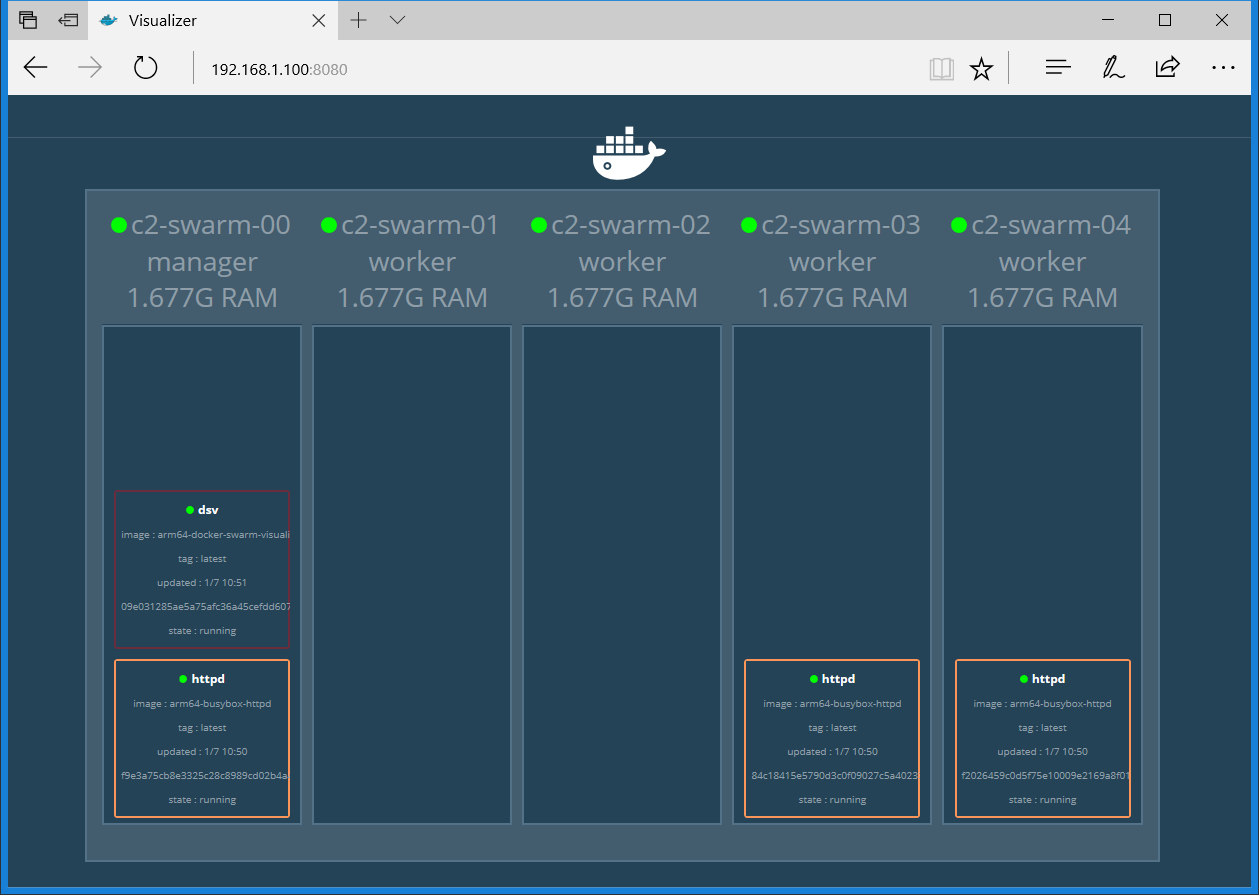Running several name-based web sites on a single IP address.

Your server has multiple hostnames that resolve to a single address, and you want to respond differently for www.example.com and www.example.org.
Note
Creating virtual host configurations on your Apache server does not magically cause DNS entries to be created for those host names. You must have the names in DNS, resolving to your IP address, or nobody else will be able to see your web site. You can put entries in your hosts file for local testing, but that will work only from the machine with those hosts entries.
The asterisks match all addresses, so the main server serves no requests. Due to the fact that the virtual host with ServerName www.example.com is first in the configuration file, it has the highest priority and can be seen as the default or primary server. That means that if a request is received that does not match one of the specified ServerName directives, it will be served by this first <VirtualHost>.
The Example given below is to find whether or not the String “LogLevel debug” is found in the remote apache web server’s httpd.conf file. As mentioned earlier. There would be no action taken whatsoever. In this example we are going to check if the LogLevel is Debug and print the message If it is there or not and take no action. Due to the fact that the virtual host with ServerName www.example.com is first in the configuration file, it has the highest priority and can be seen as the default or primary server. That means that if a request is received that does not match one of the specified ServerName directives, it will be served by this first. Apache Httpd is basically a web server used for handling requests and delivering static content. While CGI is a protocol which adds a scripts with the request and based on the script the content is delivered instead of simply returning a static content.
The above configuration is what you will want to use in almost all name-based virtual hosting situations. The only thing that this configuration will not work for, in fact, is when you are serving different content based on differing IP addresses or ports.
See Full List On Tutorialspoint.com
Note
You may replace * with a specific IP address on the system. Such virtual hosts will only be used for HTTP requests received on connection to the specified IP address.
However, it is additionally useful to use * on systems where the IP address is not predictable - for example if you have a dynamic IP address with your ISP, and you are using some variety of dynamic DNS solution. Since * matches any IP address, this configuration would work without changes whenever your IP address changes.
There is no package called httpd! httpd is part of busybox functionality. You could either compile busybox with this functionality included, or you could install a second busybox binary with this functionality included.
From https://busybox.net/downloads/BusyBox.html#httpd:
Note that multiple instances of httpd can be run, which would have different .conf files:
Configuration
httpd works without a configuration file. Default is /etc/httpd.conf (there is also some brief uci support for this: httpd):
Httpd-example Openshift

Openssl Example
CGI scripts
See Common Gateway Interface. httpd expects it's CGI script files to be in the subdirectory cgi-bin under main web directory set by options -h (default is /www, so /www/cgi-bin). The CGI script files must also have permission to be executed (min mode 700).
CGI
Standard set of Comon Gateway Interface environment variable are :
/cgi-bin/test Download silicon image driver.
Environment variables are set up and the script is invoked with pipes for stdin/stdout.
HTML Forms
If a post is being done the script is fed the POST data in addition to setting the QUERY_STRING variable (for GETs or POSTs).
The preferred way to do forms in CGI is POST. Safenet usb devices driver.
POST

Example how to use POST in form:
/www/form-post.html
/www/cgi-bin/test-post:
GET
Text area fields (and any other field that may contain n are very hard to menage). Example how to use GET in form:
/www/form-get.html:
/www/cgi-bin/test-get:
